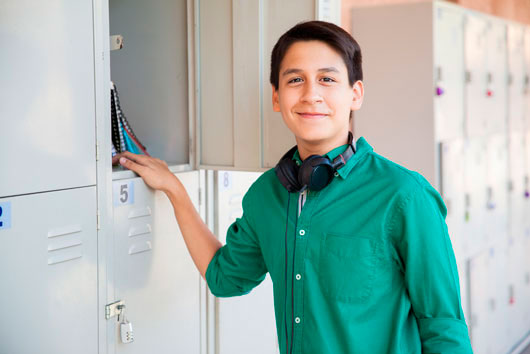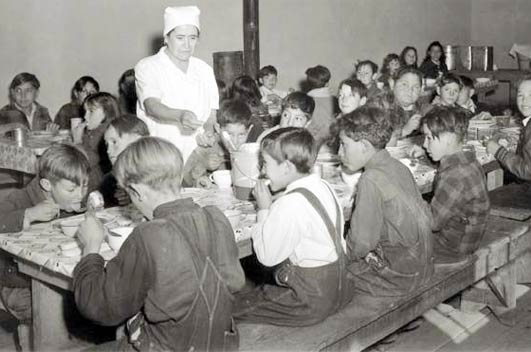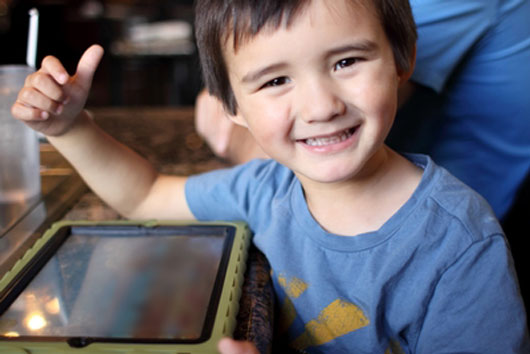
It probably seems like it was yesterday that you walked your child into kindergarten that first day, which was probably harder on you. Now, your child is preparing for another major change—the transition to middle school. This transition can often be as frightening as the first day of first grade. Tweens are not only dealing with harder classes, but also with physical and hormonal changes that can throw them off kilter. And as moms, we can’t help but want to make the transition as smooth as possible.
That will require just as much parental involvement as the elementary school years, if not more. When parents dropout of their kids lives after fifth grade, students performance tends to suffer. The secret is to find ways in which you can support this new stage of your child’s education without being overbearing.
STAY INVOLVED
The average kid is a bundle of nerves the first day of middle school, particularly when that school is located within a high school building. They are probably worried about fitting in, making new friends, wearing the right clothes and even getting lost. You can help minimize these fears and ensure that your child’s transition is as stress-free as possible.
Read Related: When Your Kid Transfers Schools Midyear
Most middle schools have an orientation day for their new students. Make it a point to be there, not only to let your child see where their classes will be, but to make sure teachers and school administrators see you’re interested in your kids education and that you have high expectations. If the sixth-grade class travels to the middle school as a field trip, volunteer to chaperone the group so you get a sense for the new school. The important thing is to find ways to stay present. Here are a few ideas:
- Lead a Spanish class after school
- Coach the girls’ soccer team
- Teach students to dance salsa, merengue, bachata or your favorite moves
- Organize the annual fundraiser
- Volunteer to drive the robotics team to their competition
These type of activities present great opportunities to support your child, allowing you to keep tabs on your kid while staying far enough away that you won’t cramp your child’s space.
GROWING INDEPENDENCE AND SOCIAL LIFE
You’ll soon start noticing (if you haven’t yet!) a growing sense of independence. As children transition to their teenage years they want to exercise their ability to make independent decisions—in choosing friends, activities, clothes and everything else. Although this change can leave you feeling like an outsider, it’s crucial that you learn to strike a balance between allowing them to be independent, and making some decisions they may disagree with. Being “cool” is okay to a point, but as a parent you must know when to lay down the law without feeling guilty.
This is also the age when kids start to separate into social cliques and when those who are perceived as “different” can have a hard time fitting in. If this is the case with your child, discuss some strategies that might help such as: positive self-talk, learning to read social situations, practicing different ways to approach new people and others.
Remember all of the drama you experienced at this age? Well, that hasn’t changed much. On the contrary, with the many social media tools available to young kids today, the potential for drama has grown exponentially. Think sexting, having your boyfriend/girlfriend post inappropriate pictures of you, bullying via Facebook, etc. Reminding yourself that every social hiccup can be a huge deal to your child is just as important as remaining calm during these traumatic social situations, thereby modeling positive behavior for your child. Eventually your child will understand to put things in perspective and not overreact. (The operative word being“eventually.”) In the end overcoming social cliques, gossip, and bullying will help build your child’s self-confidence.
Push for good grades and drive home the importance of good study habits, but keep in mind that middle school students are still children, so encourage your kid to play and have fun too. Before you know it, you’ll be taking your child on college campus tours, so cherish this time as you both prepare for the future.











